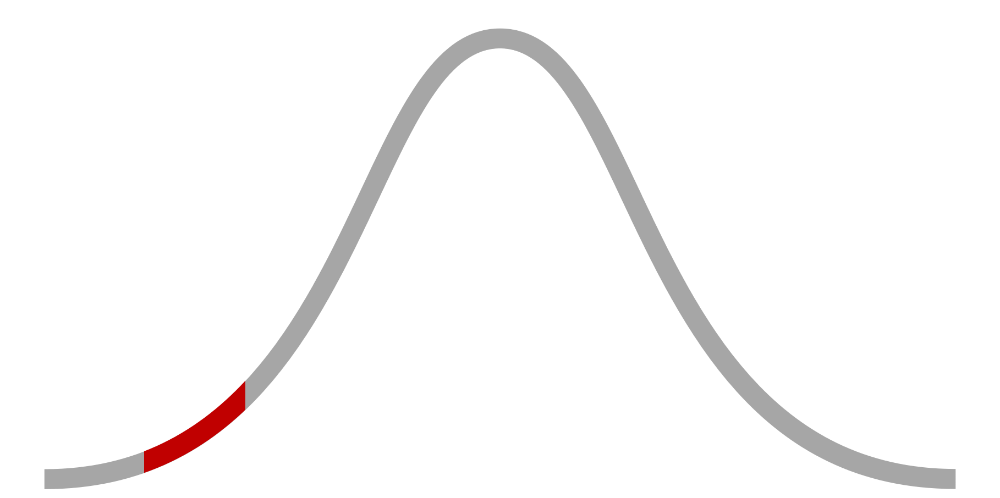Info
© 2026 Feels Co.
 Summary & key points
Summary & key points
In the hit movie The Fast and the Furious: Tokyo Drift (2006), outlaw teenager Sean Boswell finds himself in Japan after getting kicked out of America by the law and his own mother. After befriending a car enthusiast at school, he's in an underground car enthusiast meetup focused on a style of racing called drifting. As he's walking around, Sean spots a girl from his class and begins flirting with her while discussing technical aspects of car engines. Soon, though, the girl's boyfriend notices and walks over to join the conversation. Sean doesn't realize that the man is part of the crime family known as the Yakuza, and continues taunting him. Despite warnings from two people, Sean decides to race DK ("Drift King") after being allowed to borrow another character's car. Sean bombs the race, wrecks the car, and eats his words because of his inexperience with the drift style of racing. Sean's inability to self-monitor his aggression and impulses in a dangerous, novel setting demonstrates a total lack of the Apperception attribute.

 Summary & key points
Summary & key points
In the hit movie Watchmen (2009), Doctor Manhattan has incredible powers as a result of a tragic accident involving a nuclear reaction. After he came back, the government used fear of Doctor Manhattan as a tool. When the 'marketing boys' said that he needed a logo, Doctor Manhattan said that he would only choose a symbol he respected. He thus carved the symbol of an atom on his forehead, giving him the circular branding most viewers are accustomed to seeing.
 Summary & key points
Summary & key points
In the hit sequel to the Matrix (1999), The Matrix Reloaded (2003) features the creator of it all. The Architect meets Neo and explains his machine-like understanding of what happens next in not-so-simple language.
 Summary & key points
Summary & key points
In 1998, the Department of Justice sued Microsoft for antitrust violations. Bill Gates, the founder and leader of the company, had to testify. In widely circulated videos, Gates is shown evading some questions on the grounds that he does not understand. The lawyer tried to corner Gates on many occasions, without success.
Explicit Frank Underwood's MOST TERRIFYING words: "We don't submit to terror ... we make the terror."
 Summary & key points
Summary & key points
In season 4, episode 13 (chapter 52) of the hit Netflix show called House of Cards (2016), President Frank Underwood and Vice President Claire Underwood are in the situation room watching a terrorist threat come to fruition. In the live feed, the domestic terrorists are shown decapitating a hostage. Almost everyone in the room reacts with a gasp, body movement, or utterance – except Frank and Claire. This complete lack of bodily or verbal reactions demonstrates the Sensation attribute. Frank Underwood is scary sometimes.
















